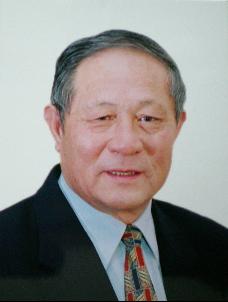By Shi Yanchun
|

|
|
Shi Yanchun is currently Editor-in-Chief of the World Affairs Press and a former Chinese Ambassador to Yemen and Counselor to Syria. |
I want to talk about two things; one is how difficult it has been for Chinese companies to penetrate overseas markets in Asia during the past three decades, and the other is the challenge that the task poses for an embassy.
On November 8, 2000, Yang Rudai, the then vice chairman of the National Committee of the Chinese People's Political Consultative Conference (CPPCC) was invited during a visit to Syria to attend the inauguration ceremony of a power plant built by a Chinese company under a construction contract. The ceremony was also attended by a Syrian minister and a provincial secretary.
Yang Rudai was asked to make a speech over the luncheon at which I was also present.
Yang said that the tremendous changes taking place in China were largely attributable to the implementation of the reform and opening-up policy.
Mr. Li, an accompanying manager added that without the policy, they would not have signed the $200 million contract.
"Personally, I would not have had the chance to come here and learn new skills in Syria were it not for the reform and opening-up policy," he added.
"It was the reform and opening-up policy that brought us together and strengthened the ties between China and Syria, and other Arabian countries," I added, and proposed a toast to the friendship between the two nations.
We know that the implementation of the reform and opening-up policy has followed a winding path and is a long-term process. It is the same with those companies that have ventured into the overseas market in search of new opportunities.
The labor export contract was a novelty in terms of economic activity when the reform and opening-up policy was launched. Our first labor export contract was secured in the Middle East. It was a good thing, but we had no experience in this area. Although our companies pushed vigorously for such partnerships with the countries in this region, they constantly ran into difficulties in dealing with the locals. At this point the local embassy would step in to provide much-needed assistance in reducing tension and oiling the wheels.
The embassy workload increased as more trade was conducted between China and other countries.
These days an embassy needs to handle a range of issues including commerce, health, military affairs, education, and sports. This is the change that has been brought to the work of the embassy by the reform and opening-up policy.
(China.org.cn by translated by He Shan, December 10, 2008)